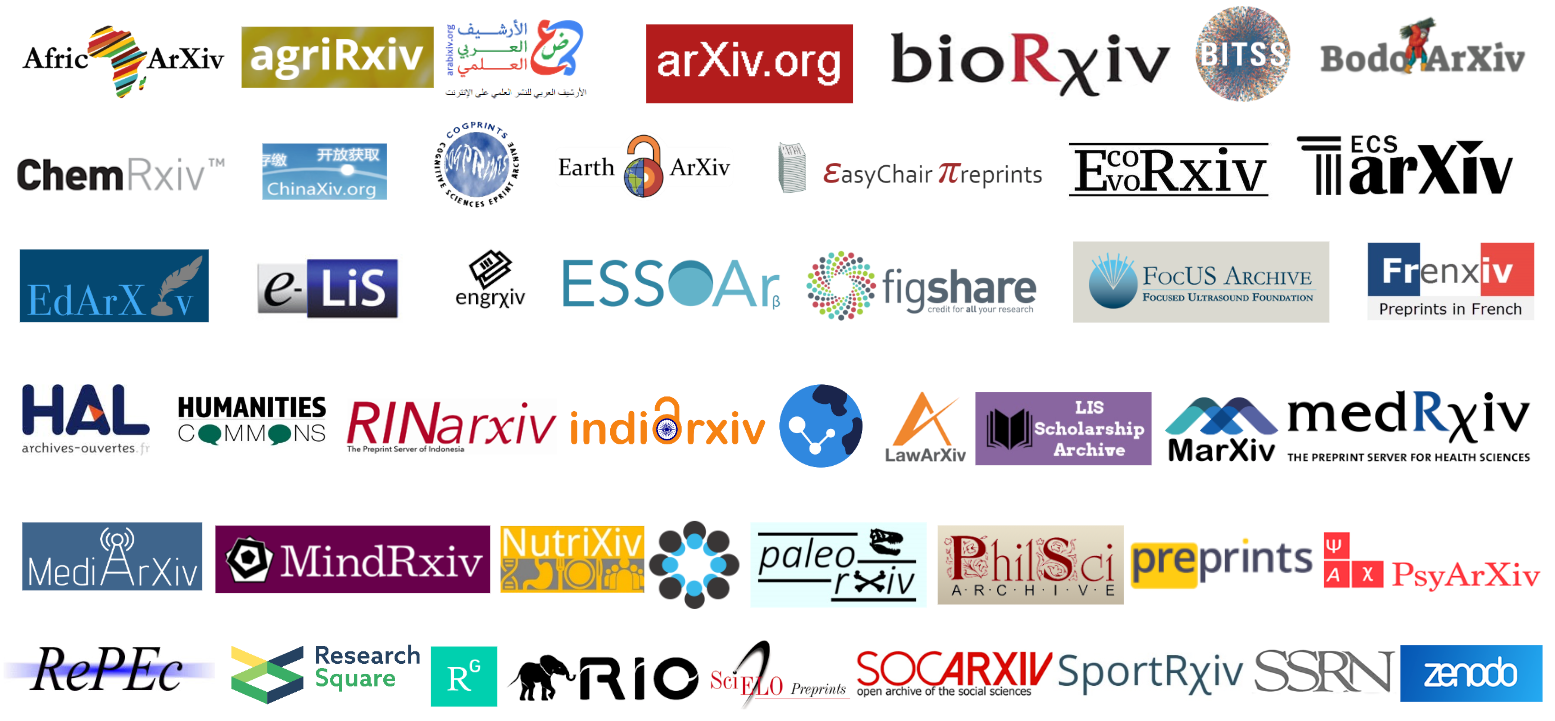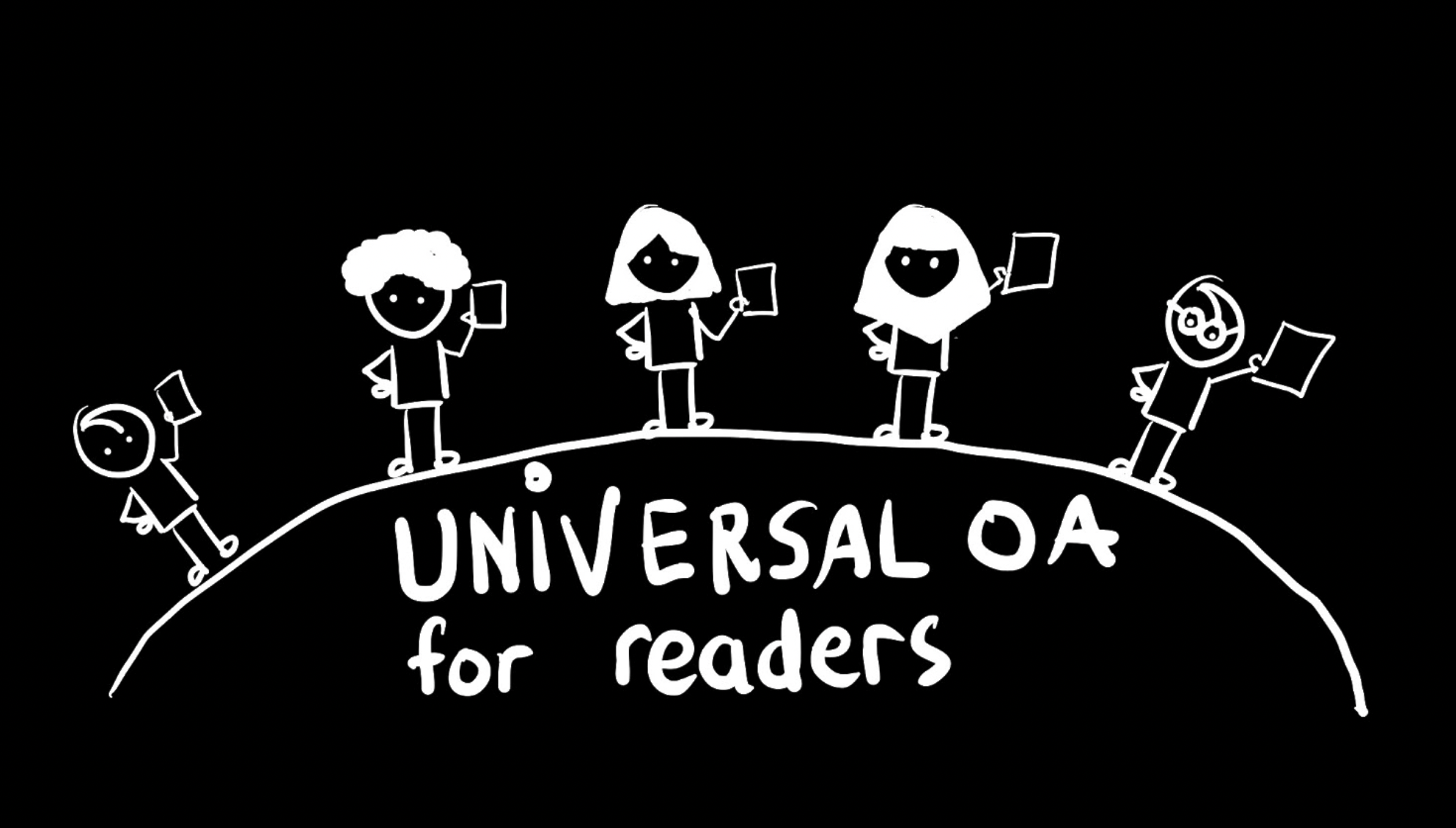
Digital object identifiers (DOIs) and relevant metadata have been used for 20 years to help preserve the scholarly record by maintaining stable links to scholarly publications and other important scholarly resources, combined with long-term archiving by publishers and libraries. Lots and tools and services have been built around this infrastructure to make it easier for scholars to consume and contribute to this scholarly record.









